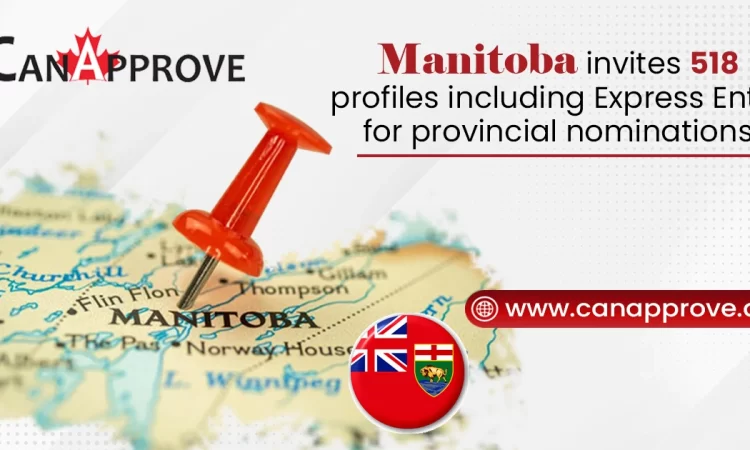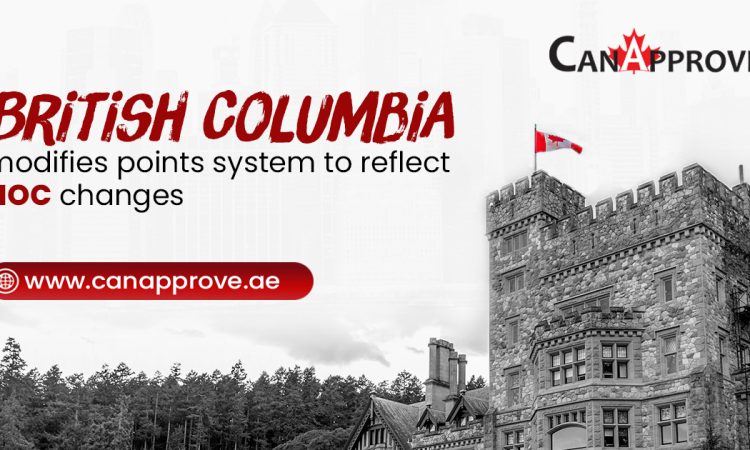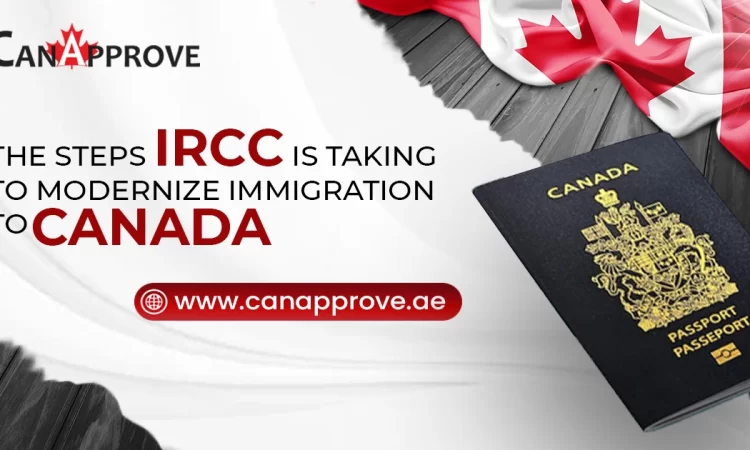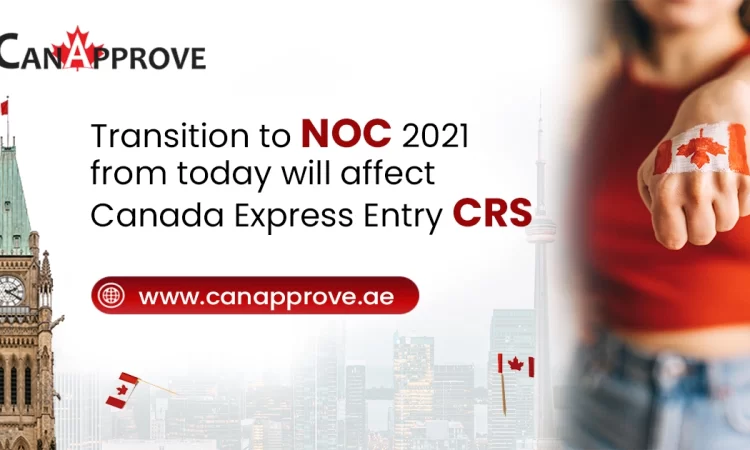Prince Edward Island held two nomination draws within a gap of two weeks in November. Together, 188 invitations to apply (ITAs) for provincial nominations were issued under either one of the three streams: Express Entry, Labour, and Business streams.

It is unusual for Prince Edward Island Provincial Nominee Program (PEI PNP) to hold two draws in a month. The provincial draw held on November 3 issued 39 candidates through the Labour and Express Entry stream, while November 17 PEI PNP draw invited 142 candidates through the Labour and Express Entry streams.
Additionally, eight candidates received invitations to apply for provincial nomination through the Business Work Permit Entrepreneur streams.
The qualifying threshold for business invitations was reduced to 62 (ten points lower than the previous October month draw) under the unique provincial points grid.
Take this free assessment online to determine your eligibility to get a provincial nomination.
Qualify for Canada PR Under PEI PNP
In order to be considered for nominations under PEI PNP provincial draws, candidates must create an Expression Of Interest (EOI) profile with the province.
EOI profiles are given points based on the province’s unique points grid. The highest-scoring candidates are then invited to apply through monthly draws.
PEI PNP Express Entry & Labout Impact category
If a candidate is already registered in the federal Express Entry pool, they could qualify for provincial nomination under the PEI PNP Express Entry category.
Foreigners like Skilled Workers, Critical Workers, and International Graduates with a valid job offer in PEI, and having support from their employer may qualify under the Labour Impact category.
PEI PNP Business Impact category
Prince Edward Island also favors the immigration of foreign entrepreneurs to boost its economy. Such candidates are issued invitations under the Work Permit Stream, which is for foreign entrepreneurs who want to own and operate a business in PEI.
Further, eligible candidates with a successful provincial nomination can apply to the Immigration, Refugees, and Citizenship Canada (IRCC) for permanent residency.
Future of PEI PNP Draws
The division between provincial invitations issued over the last 12 months (Dec 16, 2021, to November 17, 2022):
- Business Invitations over the last 12 months – 8% (129)
- Labour Invitations including Express Entry over the last 12 months – 92% (1647)
Prince Edward Island is among the four Atlantic provinces in Canada which is dependent on immigration for their population growth and sustaining the economy. The other three provinces Newfoundland and Labrador, Nova Scotia, and New Brunswick are also making significant efforts to welcome and retain more immigrants.
Interestingly, Prince Edward Island is Canada’s smallest province yet has the country’s highest population growth rate. Thus, it enjoys Canada’s highest per capita intake of foreign newcomers.
You can read about other active PNP updates from British Columbia, Ontario, Saskatchewan, Alberta, Manitoba, and Nova Scotia here.
Contact CanApprove to determine your eligibility and get full documentation support for immigration. We provide free counseling sessions to help you choose the best immigration program matching your work profile.












